What is the Role of Flexible Printed Circuits?
Flexible printed circuits, commonly referred to as FPCs, have become a vital component in the evolution of modern electronics. Their ability to bend, twist, and conform to various shapes allows manufacturers to design more compact and lightweight devices, making FPCs indispensable in industries such as consumer electronics, automotive, medical devices, and aerospace. But what exactly is the role of flexible printed circuits in these applications? How do they differ from traditional rigid PCBs? This article explores the key functions and benefits of flexible printed circuit boards.
2. Key Roles of Flexible Printed Circuits
Saving Space and Weight
One of the most significant roles of flexible printed circuits is their ability to reduce space and weight in electronic devices. Traditional PCBs require connectors, cables, and complex wiring, adding bulk and complexity. In contrast, FPCs eliminate the need for such components, allowing devices to become slimmer and lighter. This is especially critical in applications like smartphones, tablets, and wearables, where minimal space and weight are key design factors. By utilizing flexible printed circuit boards, manufacturers can create sleeker, more portable products.
Offering Design Flexibility
Unlike rigid PCBs, flexible printed circuit boards can bend, fold, or twist without compromising their performance. This unique capability gives engineers and designers the freedom to fit circuits into tight or oddly shaped spaces. In industries like automotive and aerospace, where space optimization is crucial, FPCs allow for innovative designs that would not be feasible with rigid alternatives. The role of flexible printed circuits in providing design flexibility is one of the key reasons for their widespread adoption in complex, high-tech applications.
Enhancing Product Durability
Durability is another critical role of flexible printed circuits. These circuits are built with highly durable materials such as polyimide, which provides excellent resistance to heat, chemicals, and mechanical stress. As a result, flexible printed circuit boards can endure extreme environments, making them suitable for use in rugged or high-performance applications like automotive electronics and industrial equipment. Their durability also translates into improved product longevity, reducing the likelihood of mechanical failures over time.
3. Applications of Flexible Printed Circuit Boards
Flexible printed circuit boards are used in a wide range of industries, thanks to their adaptability, compactness, and durability. Common applications include:
Consumer Electronics: Smartphones, cameras, and wearables rely heavily on flexible printed circuit boards to achieve their slim designs and reliable performance.
Automotive Industry: From sensors to infotainment systems, FPCs play a critical role in making modern vehicles more efficient and electronically advanced.
Medical Devices: Devices like pacemakers and hearing aids use FPCs due to their lightweight and reliable properties.
Aerospace: Satellites and aircraft systems require the durability and flexibility of FPCs to function in harsh environments and confined spaces.
These diverse applications highlight the pivotal role of flexible printed circuits across various sectors.
4. The Advantages of Using Flexible Printed Circuits
The advantages of flexible printed circuits go beyond their adaptability. Key benefits include:
Reduction in Assembly Complexity: FPCs can simplify wiring and connections, reducing the overall complexity and cost of assembly.
Greater Reliability: By minimizing the number of interconnections and connectors, flexible printed circuits reduce the risk of mechanical failure and improve long-term reliability.
Resistance to Environmental Stress: Their construction materials provide high resistance to heat, moisture, and chemicals, ensuring FPCs perform well in challenging environments.
Improved Performance: The ability of FPCs to withstand vibration and movement without degrading in performance is crucial for many industries.
These factors underline why more and more manufacturers are choosing flexible printed circuit boards over traditional solutions.
5. Gekun: Your Trusted Flexible Printed Circuit Manufacturer
As a leading flexible printed circuit board manufacturer, Gekun offers top-quality, reliable, and highly customizable FPC solutions tailored to meet the diverse needs of industries worldwide. Gekun’s expertise in flexible printed circuits ensures that your products benefit from the latest advancements in flexible PCB technology, helping you optimize space, reduce weight, and enhance durability. For companies looking to integrate the best of FPC technology into their designs, Gekun is a trusted partner.
6. Conclusion
The role of flexible printed circuits extends far beyond simple electronic connections. Their ability to reduce space and weight, offer unmatched design flexibility, and enhance product durability makes them essential in today’s advanced electronic devices. From consumer electronics to aerospace applications, flexible printed circuit boards are enabling innovation and performance improvements across industries.
When choosing a manufacturer for your FPC needs, Gekun stands out as a trusted leader. Their experience and commitment to quality make them the go-to choice for flexible printed circuit solutions that meet the demands of modern technology.
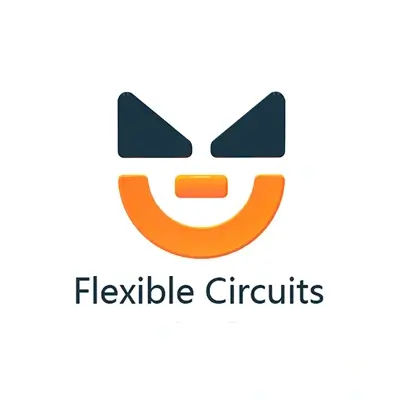
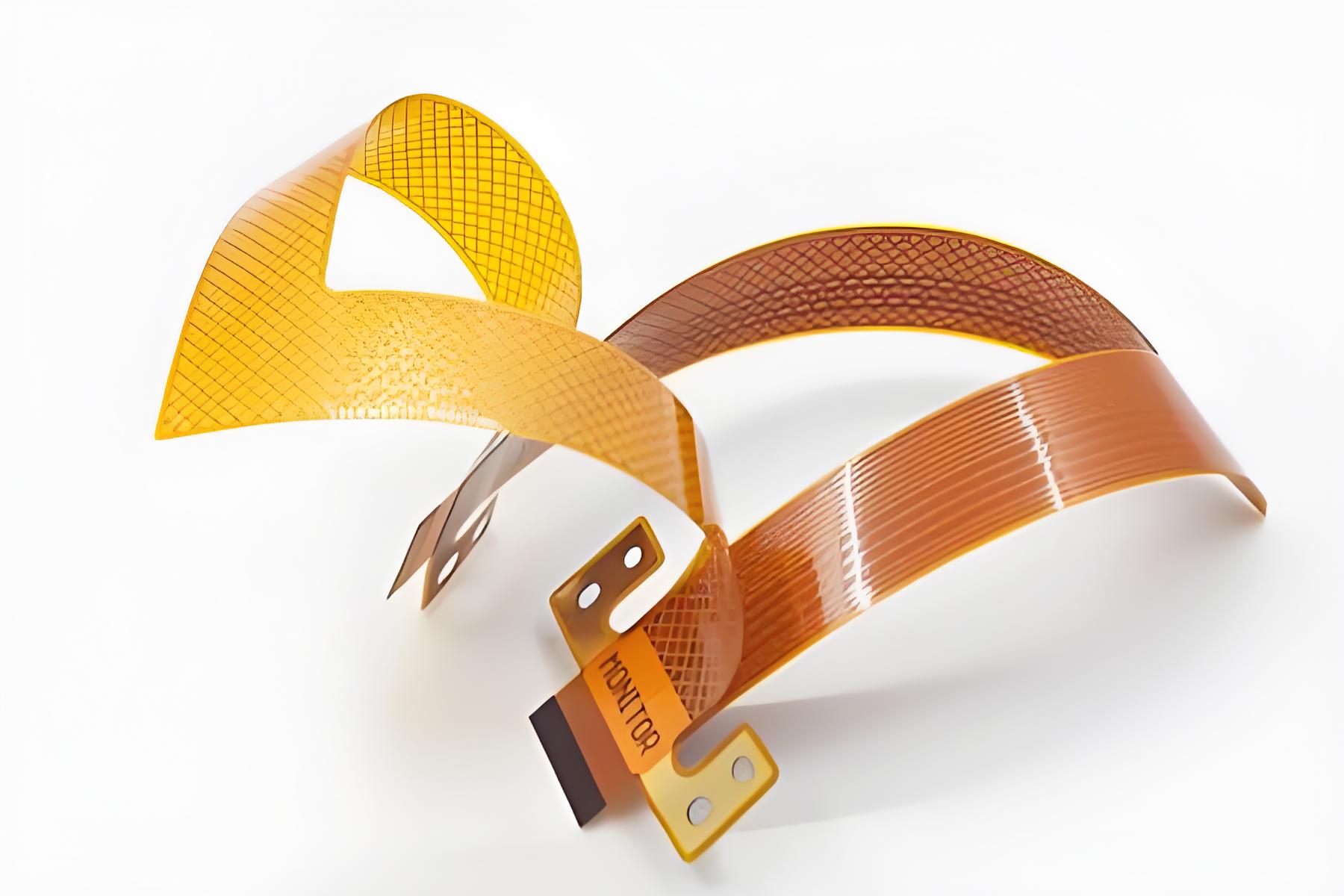
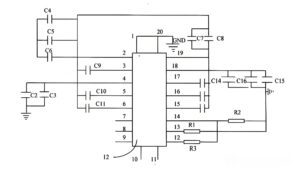
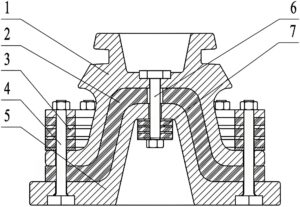
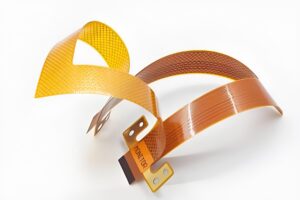
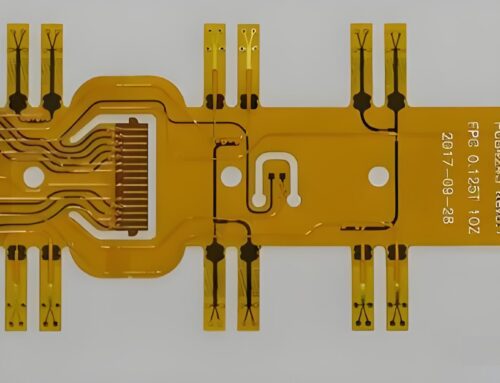
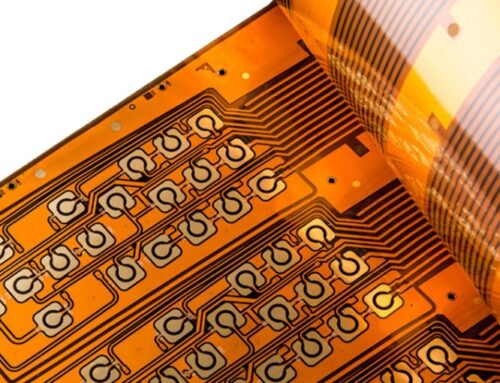
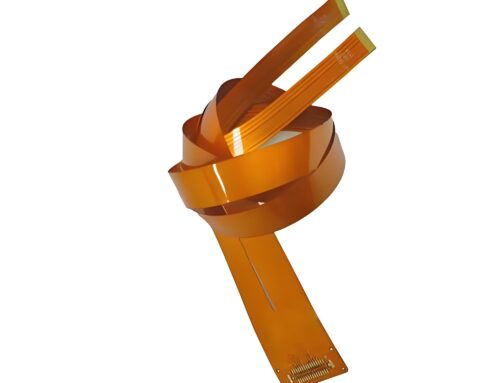



Leave A Comment